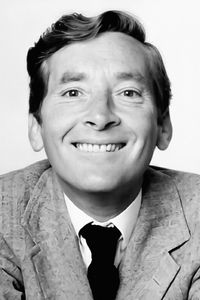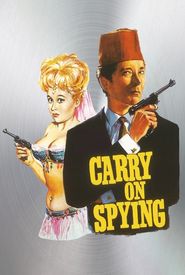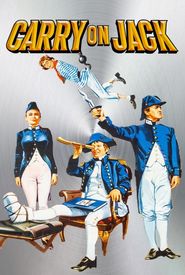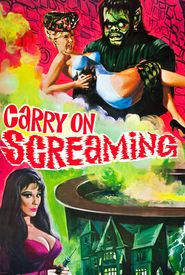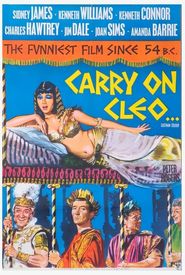Kenneth Williams' journey into the world of acting began when his English teacher, in a stroke of inspiration, suggested he audition for a school play during his student days. Little did Williams know that this initial foray into the performing arts would spark a lifelong passion. As he delved deeper into the world of acting, he found himself thoroughly enthralled by the experience, yet when he shared his newfound interest with his father, he was met with a stern prohibition. Undeterred, Williams continued to nurture his talent, eventually enrolling in art school in London in 1941.
The year 1944 marked a significant turning point in Williams' life, as he was drafted into the army and subsequently posted to the Royal Engineers. However, he managed to secure a position within the Combined Services Entertainment unit, where he was afforded the opportunity to hone his acting skills in shows designed to entertain the troops. Moreover, he even designed the posters that promoted these performances.
Following his discharge from the army, Williams embarked on a professional acting career, traveling extensively throughout the country as part of various repertory companies. It was during a production of "Saint Joan" that he had the chance to play the role of the Dauphin, an experience that ultimately led to his being discovered by a radio producer and subsequently hired to provide voice characterizations on the popular radio comedy show "Hancock's Half Hour".
Williams' remarkable talent for creating eccentric and unconventional characters led to his being recruited by the producers of the "Carry On" comedy series, where he went on to perform in an impressive 26 entries within the long-running series. Upon the conclusion of the series, Williams returned to radio work, while also making appearances on various TV talk shows and authoring several books, including his autobiography.
Later in life, Williams struggled with a serious ulcer, which was managed with medication designed to alleviate the associated pain. Tragically, on April 15th, 1988, Williams was found dead in his bed, having apparently taken a combination of sleeping pills and his regular pain medication the previous night, which ultimately proved fatal.
